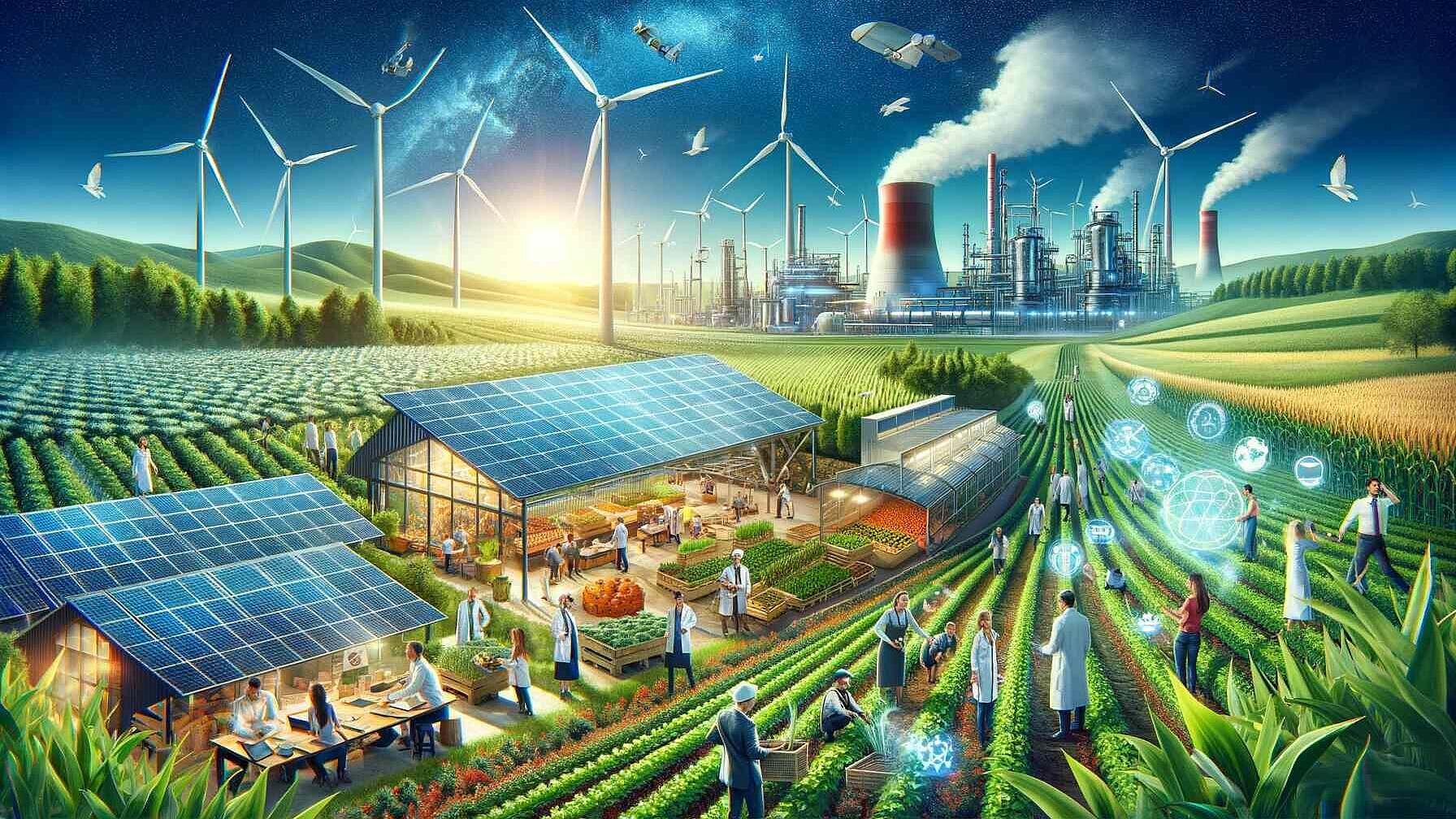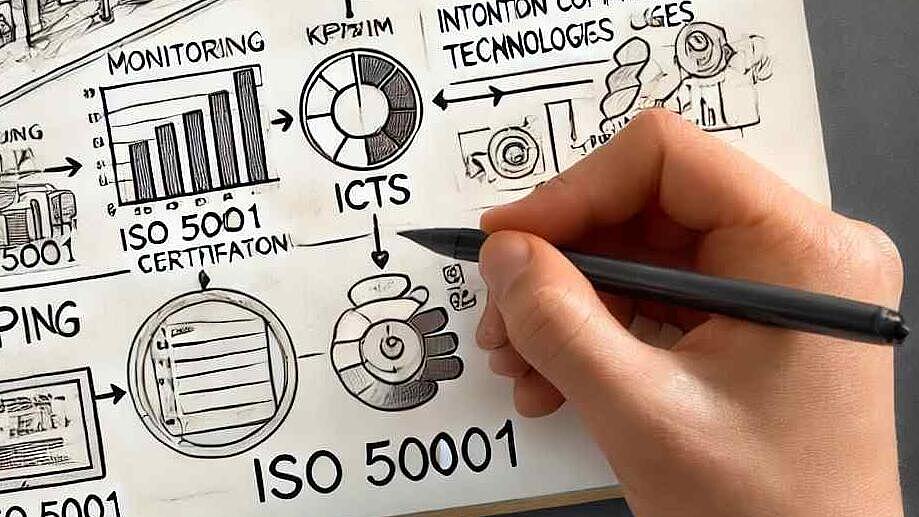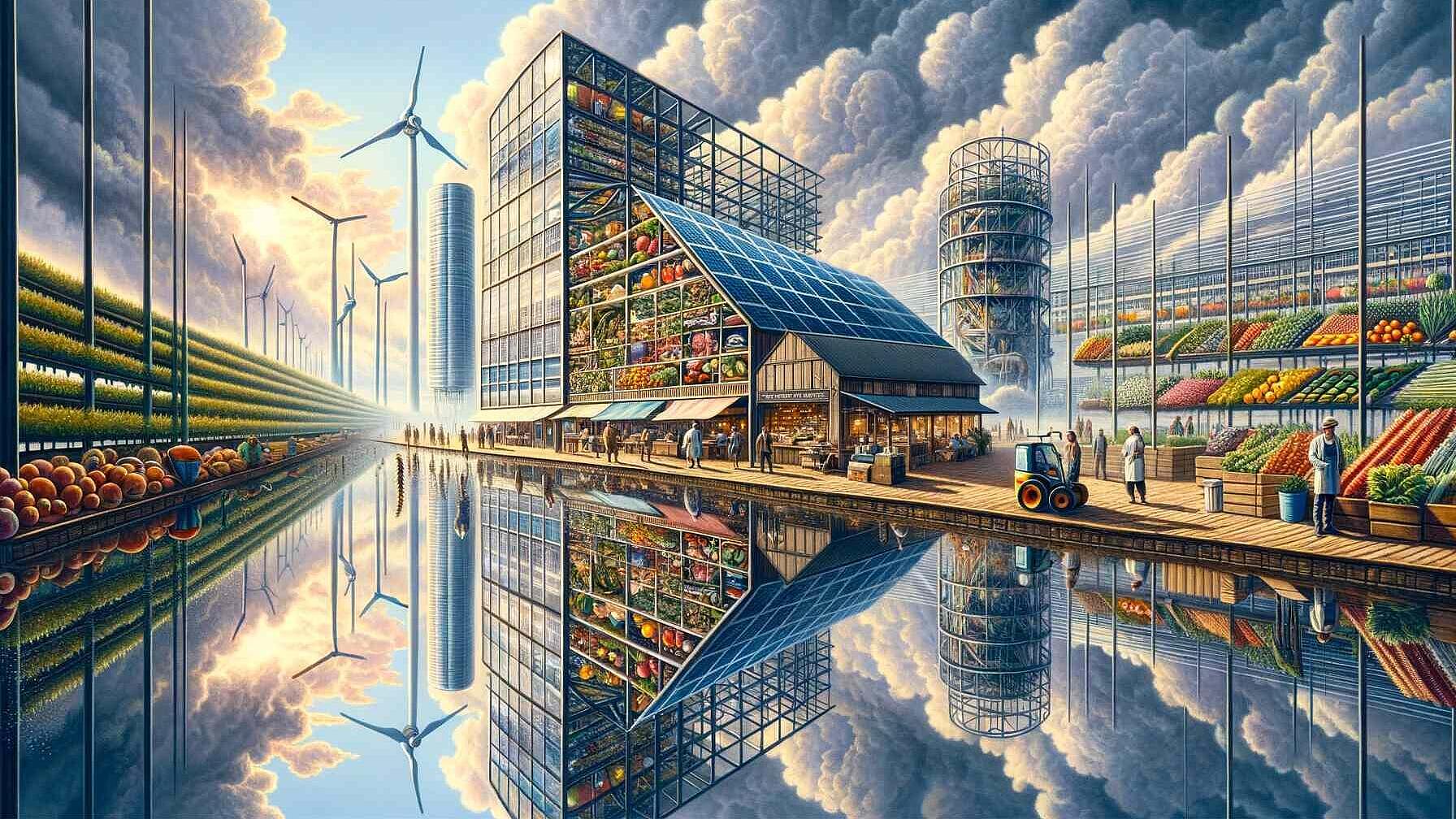 Energy Efficiency
Energy EfficiencyTransforming the Global Food Sector: A Path to Energy-Smart Practices
Summary
The 2011 FAO paper "Energy-Smart Food for People and Climate" examines the role of the global food sector in energy consumption and greenhouse gas emissions, representing approximately 30% of the world's energy use. It reveals disparities in energy use across countries with different GDP levels, pointing out the significant energy use in food processing and transportation in higher-GDP countries, and in cooking in lower-GDP countries. The paper argues for a transformation towards energy-smart food systems that prioritize energy efficiency and renewable energy adoption through technological and financial measures. It highlights the benefits of integrating renewable energy, especially bioenergy from waste, within the food supply chain to reduce dependence on fossil fuels and promote a circular economy. To achieve these objectives, the paper sets out policy recommendations, including incentives, financial support, and international collaboration, aiming to facilitate the transition to sustainable and energy-efficient food systems globally. Capacity building and knowledge dissemination are emphasized as key components to assist all nations, particularly those with lower GDPs, in this conversion.
Open full article
Transforming the Global Food Sector: A Path to Energy-Smart Practices
The FAO 2011 paper titled "Energy-Smart Food for People and Climate" presents a compelling argument for transforming the global food sector to address the challenges of energy use, food security, and climate change. This summary delves into the critical points and solutions proposed in the paper, emphasizing the necessity of an energy-smart approach throughout the food supply chain.
Energy Dynamics in Food Production
The global food sector consumes approximately 30% of the world's total energy, significantly impacting greenhouse gas (GHG) emissions. High-energy demands are linked with activities ranging from agricultural production to processing, transport, and retail. Interestingly, while high-GDP countries use more energy in the processing and transport sectors, low-GDP countries primarily consume energy in cooking processes. This imbalance highlights the need for a global strategy that reduces energy intensity and enhances the sustainability of food systems worldwide.
The Shift Towards Energy-Smart Food Systems
Transitioning to energy-smart food systems is crucial for mitigating climate change and ensuring long-term food security. This approach involves integrating more efficient energy use with increased reliance on renewable energy resources. The paper advocates for policies that support energy efficiency improvements and renewable energy adoption within the food sector, stressing the importance of technological innovation and financial investment in achieving these goals.
Innovative Practices and Renewable Energy Integration
One of the pivotal strategies discussed is the enhancement of energy efficiency and the integration of renewable energy across all stages of the food supply chain. From advanced agricultural practices behind the farm gate to renewable energy-driven food processing units, these changes aim to reduce the dependency on fossil fuels, decrease GHG emissions, and improve overall energy efficiency. Additionally, the paper highlights the potential of bioenergy, particularly from waste products, to create a circular economy within the food sector.
Policy Recommendations and Future Directions
The FAO paper sets forth comprehensive policy recommendations that encourage the adoption of energy-smart practices. These include incentives for using renewable energy, financial mechanisms to support energy efficiency, and international cooperation to scale these efforts. The paper also underscores the importance of knowledge sharing and capacity building to equip all nations, especially those with low GDPs, to transition towards sustainable, energy-efficient food systems.
To read the full document, please check here.
To learn more about why this is important for the EENOVA project, please check here.



